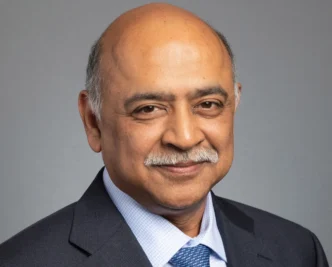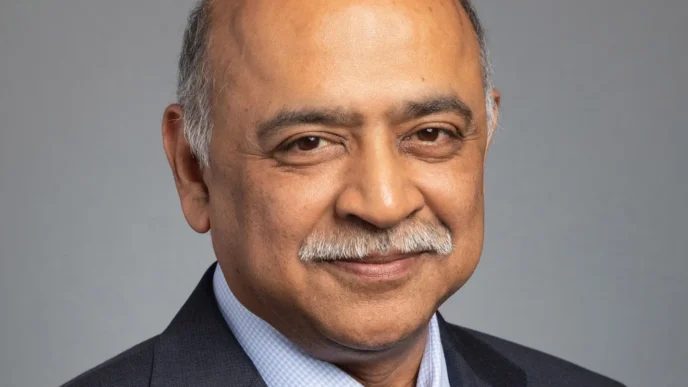OpenAI is reportedly exploring the launch of new data centers in the United Arab Emirates, as the company looks to boost its global infrastructure and deepen its presence in the Middle East. A formal announcement could come as soon as this week, according to sources familiar with the matter cited by Bloomberg.
This potential expansion isn’t coming out of nowhere. OpenAI has been strengthening its ties with the UAE for some time now. Back in 2023, it partnered with Abu Dhabi-based AI firm G42—one of the most influential players in the region’s tech sector. That same year, Microsoft, OpenAI’s largest investor, pumped $1.5 billion into G42, solidifying a strategic bridge between U.S. and Emirati AI interests.
But it doesn’t stop there. Another major player involved is MGX, an investment entity connected to a member of the UAE royal family. MGX joined a recent OpenAI funding round and also plans to contribute to OpenAI’s Stargate project—its ambitious global AI infrastructure plan that aims to power the next generation of foundation models.
Why the UAE?
The United Arab Emirates has quickly become one of the most AI-forward countries in the world. With massive government-led investments in emerging technologies and an open-door policy toward tech giants, the region offers an attractive base for AI infrastructure. More importantly, the UAE has established itself as a politically friendly environment for U.S.-based companies looking to expand globally without dealing with restrictive regulations.
OpenAI’s latest initiative, OpenAI for Countries, aligns perfectly with this strategy. Announced earlier this month, the program is designed to help nations build their own local AI infrastructure using OpenAI’s tools and models. It also promises to promote what the company calls “democratic AI” by partnering with governments that share values aligned with U.S. interests.
The UAE seems like a natural fit for this mission. Not only does it have the capital and the technical appetite to support large-scale AI infrastructure, but it’s also eager to become a global AI hub. Already home to one of the world’s first AI universities and several government-led tech accelerators, the country is positioning itself as a key player in AI geopolitics.
The Bigger Picture: Stargate and Strategic Sovereignty
At the heart of OpenAI’s infrastructure ambitions lies Project Stargate—a plan to create a series of advanced AI data centers across the world. These hubs would provide the massive compute power needed to train and run next-generation models while addressing rising concerns about data sovereignty, model bias, and global accessibility.
The UAE’s potential role in Stargate is both symbolic and strategic. By allowing OpenAI to establish sovereign infrastructure within its borders, the country signals its desire to be a long-term partner in the global AI race. For OpenAI, it’s a way to ensure access to regional compute capacity while staying aligned with U.S. foreign policy and avoiding partnerships in less transparent jurisdictions.
As AI continues to reshape industries and influence geopolitical power dynamics, where a company builds its data centers has become more than just a technical decision—it’s a political one.
What This Means for OpenAI and the Region
If the UAE deal moves forward, OpenAI would gain a critical foothold in a region rapidly investing in digital transformation. It would also allow the company to serve local clients more efficiently, offer lower-latency access to its models, and comply with growing demands for regional data processing.
For the UAE, it’s a major win. Hosting an OpenAI data center would strengthen its reputation as a destination for cutting-edge innovation. It would also bring job creation, tech transfer, and potentially give the country early access to some of the most powerful AI tools available.
This isn’t just about servers and GPUs—it’s about shaping the future of artificial intelligence on a global scale. And as the AI arms race heats up, OpenAI’s move to expand into the UAE might mark the beginning of a much larger trend: one where cloud borders start to align more closely with national interests.













